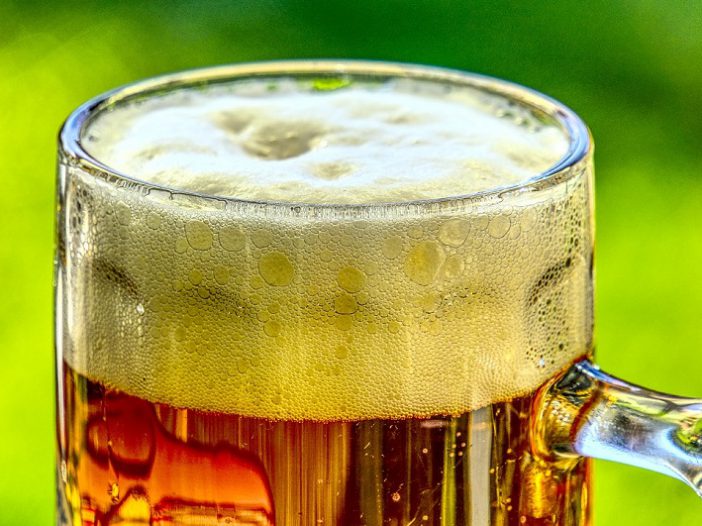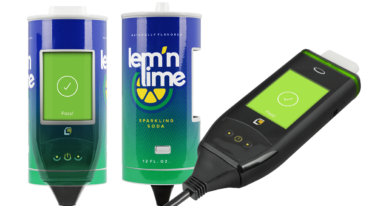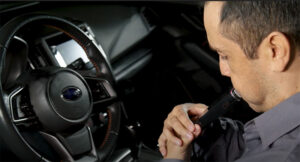
What is BAC?
Understanding BAC: What You Need to Know
Chances are, you’ve heard the term “BAC” or “blood alcohol content.” But what exactly does it mean?
In this post, we’ll break down BAC, how it’s measured, and the factors that influence it.
What Does BAC Stand For?
BAC stands for blood alcohol content or blood alcohol concentration—a measurement of alcohol in a person’s bloodstream. In the U.S., BAC is used for both legal and medical purposes.
BAC is expressed as a percentage. For example, a BAC of 0.15% means that 0.15% of a person’s blood volume is alcohol. While this may seem small, it indicates a significant level of intoxication that takes time for the body to process.
In the U.S., a BAC of 0.08% or higher is considered legally intoxicated. However, you can still be charged with a DUI even if your BAC is below this limit.
How is BAC Measured?
BAC is typically measured using one of three methods:
- Breath Test (Breathalyzer) – The most common and convenient method, used by law enforcement for roadside tests. It provides quick and admissible results.
- Blood Test – The most accurate method, but it requires professional collection and lab processing, making it time-consuming.
- Urine Test – The least accurate method, usually only used when breath and blood tests are unavailable.
Factors That Affect BAC
Several factors influence a person’s BAC, including:
- Weight & Gender – Men typically have a higher water content in their bodies, allowing them to process alcohol more efficiently. Heavier individuals also have more water in their systems, diluting alcohol’s effects.
- Metabolism – Varies by individual and is influenced by body temperature, diet, and health conditions.
- Alcohol Consumption – The more and faster a person drinks, the higher their BAC.
- Medications – Certain prescription and over-the-counter drugs can enhance alcohol’s effects.
- Food Intake – Eating before drinking slows alcohol absorption, but eating after drinking does not reduce BAC.
Common Myths About Sobering Up
Contrary to popular belief:
- Coffee does not sober you up. It may make you feel more alert, but it doesn’t lower BAC.
- Eating food after drinking won’t reduce BAC. The alcohol is already in your bloodstream.
- Time is the only way to lower BAC. The body metabolizes alcohol at a fixed rate, and nothing can speed up the process.
Final Thoughts
To stay within the legal limit, drink in moderation and plan ahead. If you’re unsure of your BAC, use a blood alcohol content calculator and arrange alternative transportation if needed.
When in doubt, don’t drive. It’s always safer to wait or find another way home.


